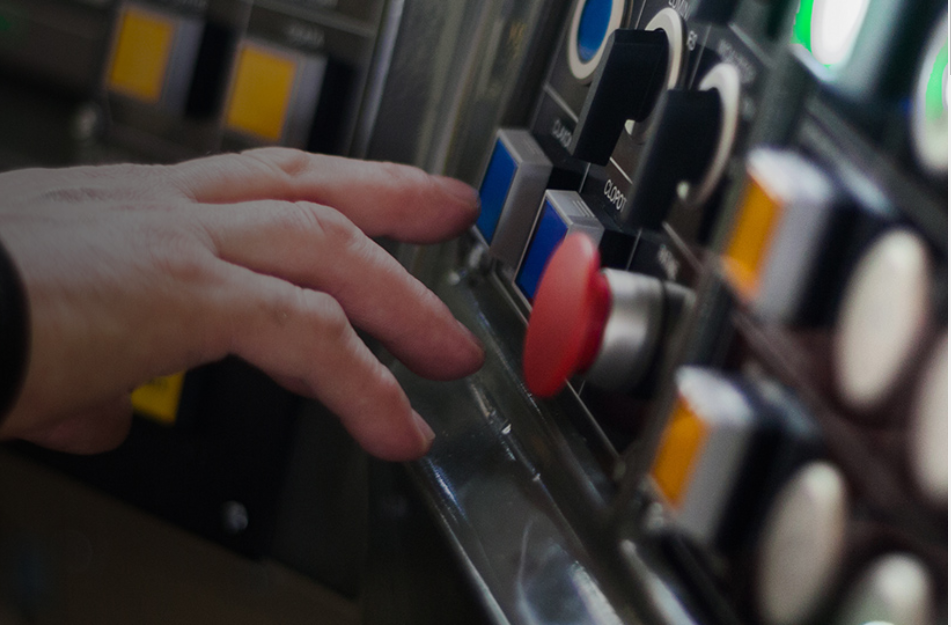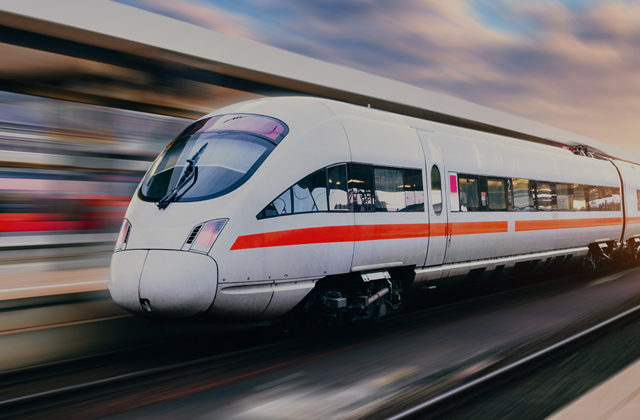.jpg)
Intelligent networking technology is highly developed. As autonomous driving, smart cars and the Internet of Vehicles are expected to become early adopters of 5G technology, the application requirements for in-vehicle data storage will naturally change as a result. In the past, in-vehicle digital video recording systems (DVRs) were mostly used for car video monitoring. Through the real-time video recording function, drivers can keep track of driving information and dynamics at any time, overcome blind spots in driving, improve driving visibility, and reduce driving safety concerns. In addition to video recording, the applications of on-board DVR and driving data will also become more and more diversified. It will continue to expand to remote monitoring and management of public transportation or commercial vehicles, and further integrate with fleet management systems to monitor fleet driving conditions in real time.
Challenges
The customer’s vehicle-mounted DVR is mainly used in bus operations and management in India. The DVR is used as an auxiliary tool for driving safety to assist the driver in real-time and remove blind spots, allowing the driver to grasp the situation inside and outside the vehicle. At the same time, it ensures that the bus route – including stop and arrival times – are properly followed. The DVR can even reduce the risk of driver fatigue during long hauls.
Since a bus spends all day on the road in all kinds of conditions, the in-vehicle DVR has to be able to survive in a high-vibration environment, which requires extremely high hardware reliability and shock resistance. Coupled with day and night temperature fluctuations, unstable voltage or even power failures, the stability and continuity of 24-hour recording and image storage might be compromised.
In addition, with the increasingly stringent requirements for image storage materials in real-time monitoring, the requirements for in-vehicle DVRs are also trending towards higher image quality and resolution. How to ensure storage products deliver the best read and write performance is another problem that needs to be solved urgently.
Solutions and Technologies
Traditional hard disks (HDD) were originally tested with in-vehicle DVRs, but their extremely high failure rate often led to incomplete data access, which obviously does not meet the application requirements of connected vehicles. With the advice and assistance of Apacer, the customer replaced their HDD with an industrial-grade 3D NAND 2.5" SSD: Apacer’s SV170-25, which greatly increased the system's reliability and shock resistance.
Apacer’s SV170-25 SSD uses Kioxia's original 3D NAND Flash ICs. Compared with traditional hard drives, it offers significant improvements in size, shock resistance, impact resistance, stability, and read/write performance. It is especially suitable for high-quality, high-resolution image data storage management for vehicle-mounted DVRs. For outdoor environments with extreme temperature changes, the Apacer technical team specially selects original industrial-grade wide-temperature components to ensure the reliability of operation in the temperature range of -40°C to 85°C. In case of sudden temperature changes or product overheating, it can also be designed with a built-in thermal sensor to monitor the SSD temperature in real time, reducing the risk of overheating.
In addition to enhancing hardware reliability, Apacer also safeguards the integrity and accuracy of image data transmission through professional firmware technology. Going above and beyond the CoreVolt technology, the operating voltage of the SSD is protected from system voltage instability and maintains a stable access state. It also uses End-to-End Data Protection technology to detect and correct data errors in real time through an error-checking mechanism, achieving excellent data reliability during data transmission.
Results and Benefits
The harsh driving environment that in-vehicle DVRs must tolerate highlights the shortcomings of traditional hard drives. With the development of smart transportation, Apacer's shock-resistant, vibration-resistant and highly reliable industrial SSD solution not only strengthens the stability of storage products running outdoors for a long time, but also solves the problem of customer image data loss. It is expected to be a market leader in the future as image storage applications become popular worldwide.




